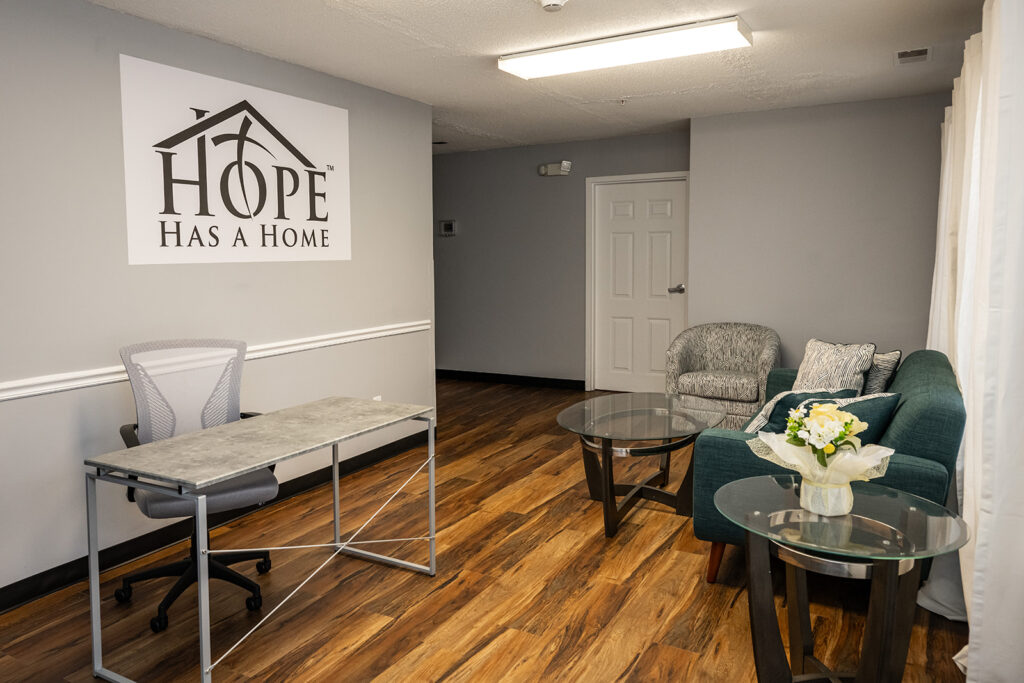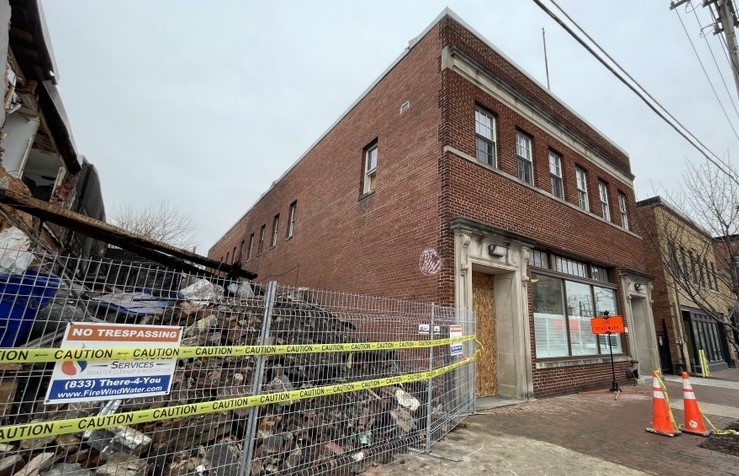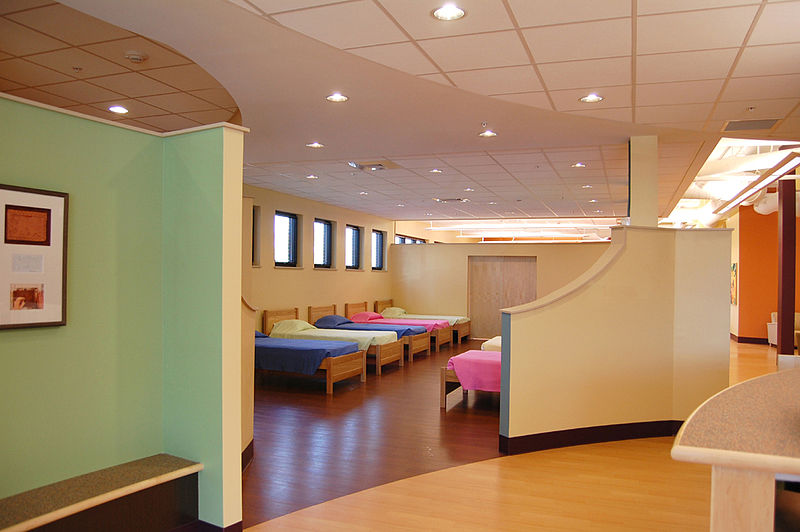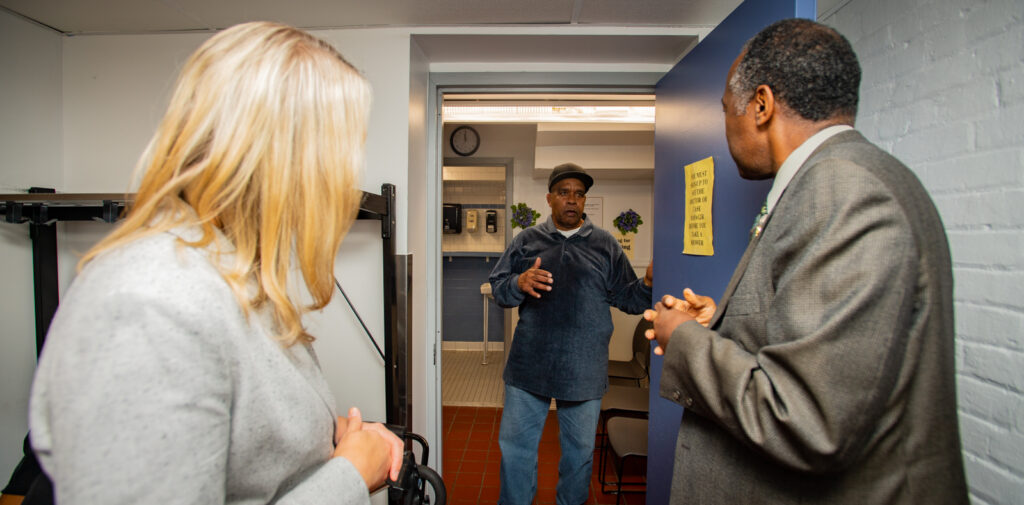D.C.’s first medical respite center for women experiencing homelessness opened in January.
Volunteers of America Chesapeake & Carolinas (VOACC) opened the center, named Hope Has A Home for Women. It will support at least 30 women experiencing homelessness each year and is currently accepting its first wave of residents.
“The goal is to ensure that women who are experiencing homelessness can recover from either [a] mental health challenge or a medical challenge and be moved into permanent housing,” Nicholle Granger, the executive director of development and marketing for VOACC, said.
Hope Has A Home for Women is based on its counterpart for men, Hope Has A Home, which launched in D.C. in 2019. It has served over 100 individuals, according to VOACC. Seventy percent of men who went through the program moved into permanent housing or stable living environments afterward, and 40% didn’t need to rely on emergency services or hospitalization because of the services available at the center.
The VOACC program is a partnership with AmeriHealth Caritas D.C., one of the largest Medicaid and Medicare insurance providers in the District, and Pathways to Housing, an organization that provides case management and housing for people experiencing homelessness. They will work with Unity Health Care to offer medical services to women living on-site.
“Our belief is that everyone should have a fair and just opportunity to be as healthy as possible,” said Karen Dale, the market president for AmeriHealth Caritas D.C., and the chief Diversity, Equity and Inclusion officer at AmeriHealth Caritas Family of Companies. “We have to work not in a vacuum with rigorous data, testing and partners who we know share the same commitment to equity.”
Hope Has A Home began after AmeriHealth Caritas D.C. analyzed data regarding patients who were readmitted to hospitals and found that people experiencing homelessness were admitted and readmitted to hospitals at higher rates than their housed peers, according to Dale. The program’s goal was to save money incurred from repeated hospitalizations while supporting community members.
“This is unique because it’s a residential program,” Granger said. “The goal really is to make the individuals feel like they’re at home in the process of moving to a permanent living situation.”
With two phases, the program hopes to heal and support women as they transition out of homelessness. The first phase will focus on medical care for between 30 to 90 days, with a medical room on-site to provide primary-level care. If gynecological care is needed, residents can be transferred off-site to a Unity Health Care clinic to receive support.
The second phase moves residents out of medical beds and into a residential space for anywhere from 90 to 180 days. The women will work closely with Pathways to Housing’s case management team to find stable living environments.
Residents also have access to peer recovery services, which pair female residents with mentors in active recovery to help combat addiction. According to Granger, the VOACC is also exploring adding job resource assistance programs to help residents become independent in the long term.
To qualify for Hope Has A Home for Women, residents must have an insurance provider through AmeriHealth Caritas D.C. Medicaid. AmeriHealth Caritas D.C. then vets potential residents, who must be experiencing homelessness and have been referred to the hospital.
Both Granger and Dale expressed optimism that Hope Has A Home for Women would eventually expand to serve more communities, including trans residents.
“We all should agree that equity matters,” Dale said. “If we start there it creates a whole new path about how we think about solutions and leveraging and collaborating together.”








